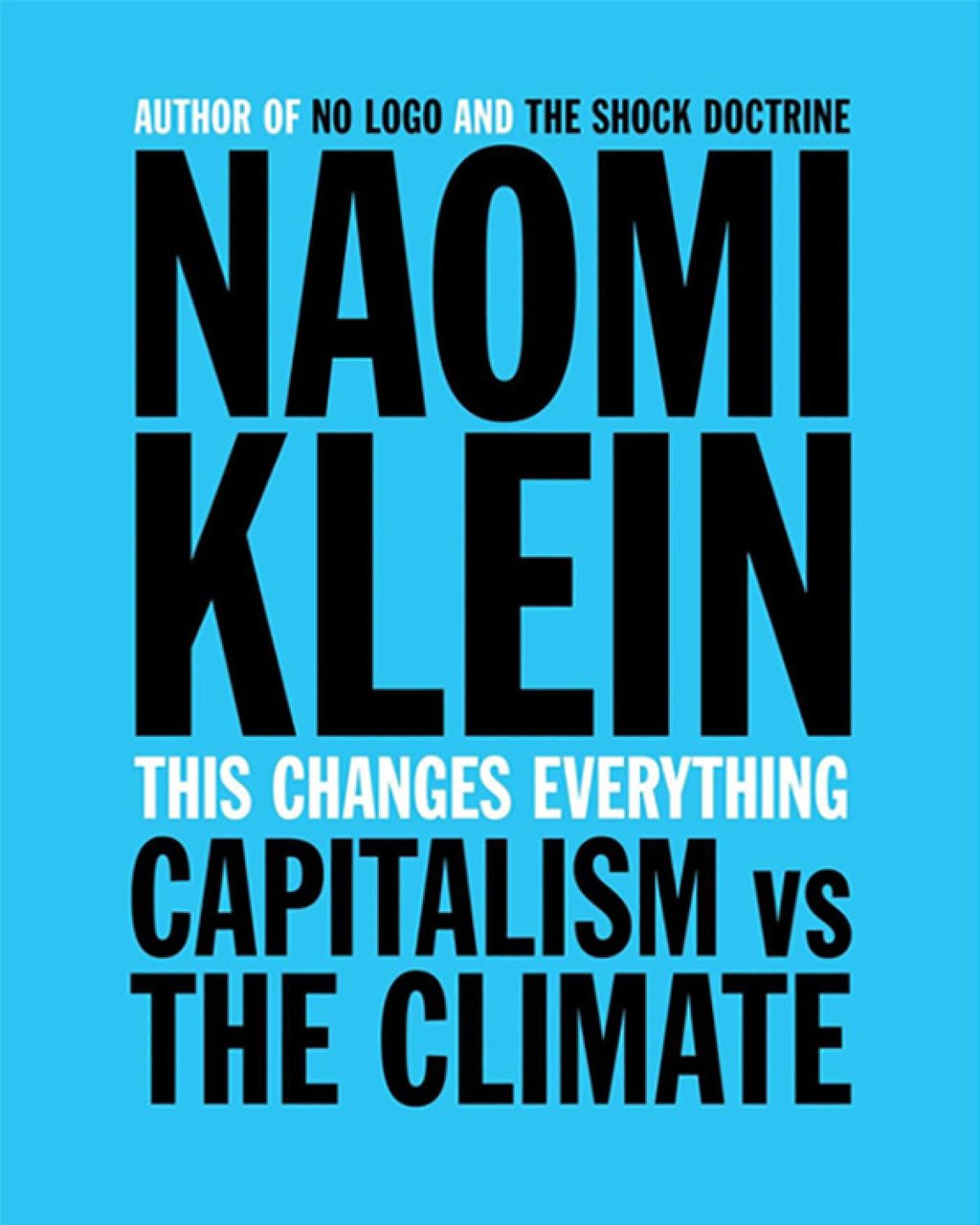How Naomi Klein’s This Changes Everything: Capitalism vs the Climate altered an environmental educator’s thinking
- Canadian author Naomi Klein’s book about climate change and capitalism was required reading for Natalie Chung’s master’s degree in environmental management
- It taught her the connection between climate change and other social issues and changed her thoughts on colonialism, she tells Richard Lord

In This Changes Everything: Capitalism vs the Climate (2014), Canadian author and activist Naomi Klein argues that our current economic model of unrestricted growth and market fundamentalism is unable to meet the accelerating challenges of climate change.
Natalie Chung Sum-yue, a co-founder of V’Air Hong Kong, an environmental education organisation launched in 2015 that aims to promote low-carbon tourism through initiatives including education and local tours, tells Richard Lord how it changed her life.
I read it around 2019. It was required reading for my master’s degree in environmental management at Oxford University (for which she studied between 2019 and 2021). It was entirely new to me; I hadn’t read any of Naomi Klein’s books before, but I read a lot of them after.

In the past I tended to be quite focused on climate change as a single issue. I knew that our daily life habits affect climate change, and changing them can help to solve it, but I didn’t see it as a tool to solve other issues. After reading this book, I understood more about feminism, colonial history and the movement for indigenous rights.
I didn’t see colonialism as a negative thing per se; whenever we talked about climate change, a South African classmate would ask how we decolonise it, and I was annoyed at first – why does he have to relate everything to colonialism? But after reading this, I realised it was true. Climate change can be very colonial, with the legacy of historical emissions.